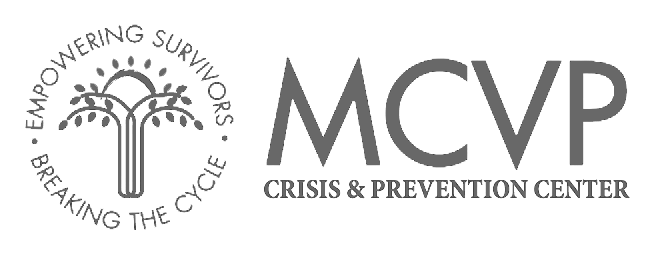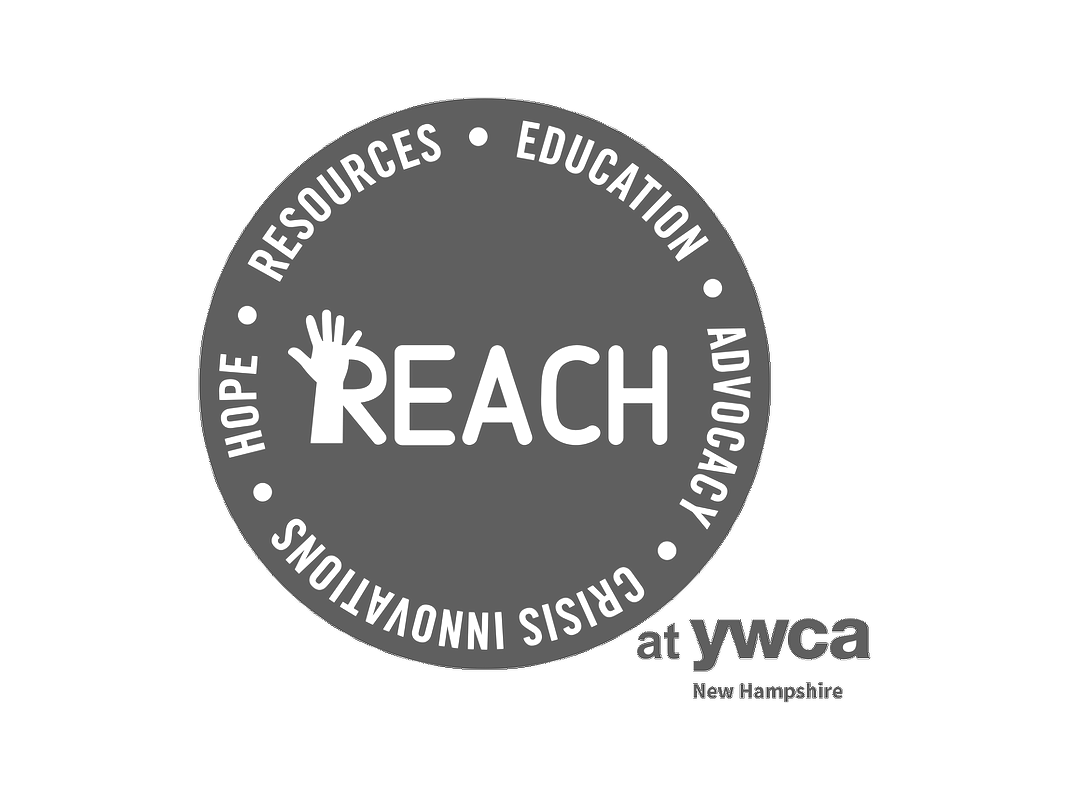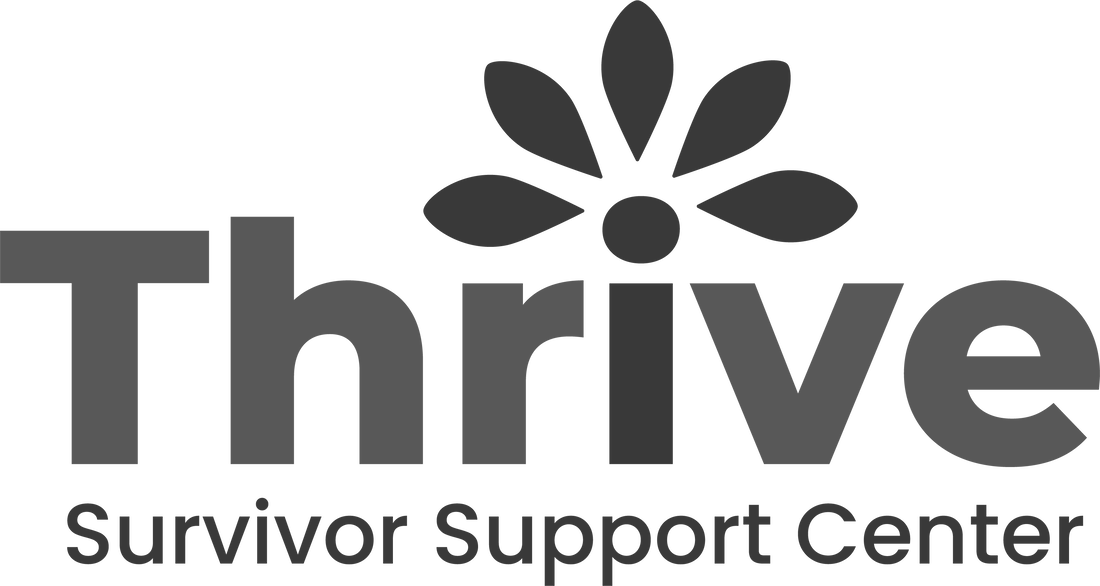GET HELP NOW
The Coalition began working with its member programs in 2009 to implement trauma-informed services to survivors of interpersonal violence. Today, The Coalition is committed to continuing to support and train community partners and advocates in being trauma responsive.
Contact the Coalition’s Training & Resources Specialist for information about training opportunities and technical assistance.
What is trauma?
The unique individual experience of an event or enduring condition in which the individual experiences a threat to life or to her or his psychic or bodily integrity, and experiences intense fear, helpless, or horror. A key aspect of what makes something traumatic is that the individual’s coping capacity and/or ability to integrate their emotional experience is overwhelmed. Trauma often impacts individuals in multiple domains, including physical, social, emotional, and/or spiritual. (Giller, 1999; Pearlman & Saakvitne 1995; van der Kolk and Courtois 2005).
What does a trauma-informed organization look like?
A trauma-informed program, organization, system, or community is one that has undergone a transformation in awareness about the traumatic effects of abuse and violence and incorporated that understanding into every aspect of its practice or program.
A trauma-informed approach is incorporated into knowledge, attitudes and skills of advocates as well as the organization’s policies, procedures, and language and its support for staff.
Any person, system or setting can be trauma-informed. DV programs recognize that survivors, staff and others with whom they interact may be affected by trauma at some point in their lives and the programs work to avoid re-traumatization (replicating the events or dynamics of prior trauma).
Being trauma-informed is the perspective that trauma-related responses are viewed from the vantage point of “what happened to you” rather than “what’s wrong with you.” It is also recognizing that many trauma responses are survival strategies.
Trauma-informed programs are welcoming and inclusive and based on principles of respect, dignity, inclusiveness, trustworthiness, empowerment, choice, connection and hope.
A trauma-informed approach is incorporated into knowledge, attitudes and skills of advocates as well as the organization’s policies, procedures, and language and its support for staff.
Any person, system or setting can be trauma-informed. DV programs recognize that survivors, staff and others with whom they interact may be affected by trauma at some point in their lives and the programs work to avoid re-traumatization (replicating the events or dynamics of prior trauma).
Being trauma-informed is the perspective that trauma-related responses are viewed from the vantage point of “what happened to you” rather than “what’s wrong with you.” It is also recognizing that many trauma responses are survival strategies.
Trauma-informed programs are welcoming and inclusive and based on principles of respect, dignity, inclusiveness, trustworthiness, empowerment, choice, connection and hope.
Our Supporting Partners
The 12 member programs of the New Hampshire Coalition Against Domestic and Sexual Violence provide services regardless of gender,age, health status (including HIV-positive), physical, mental or emotional ability, sexual orientation, gender identity/expression, socio-economic status, race, national origin, immigration status or religious or political affiliation.
Funding for this website was provided by The Corporate Fund.
New Hampshire Coalition Against Domestic and Sexual Violence
PO Box 353, Concord, NH 03302-0353
(603) 224-8893
New Hampshire Coalition Against Domestic and Sexual Violence
PO Box 353, Concord, NH 03302-0353
(603) 224-8893
NH web design by Harbour Light Strategic Marketing













